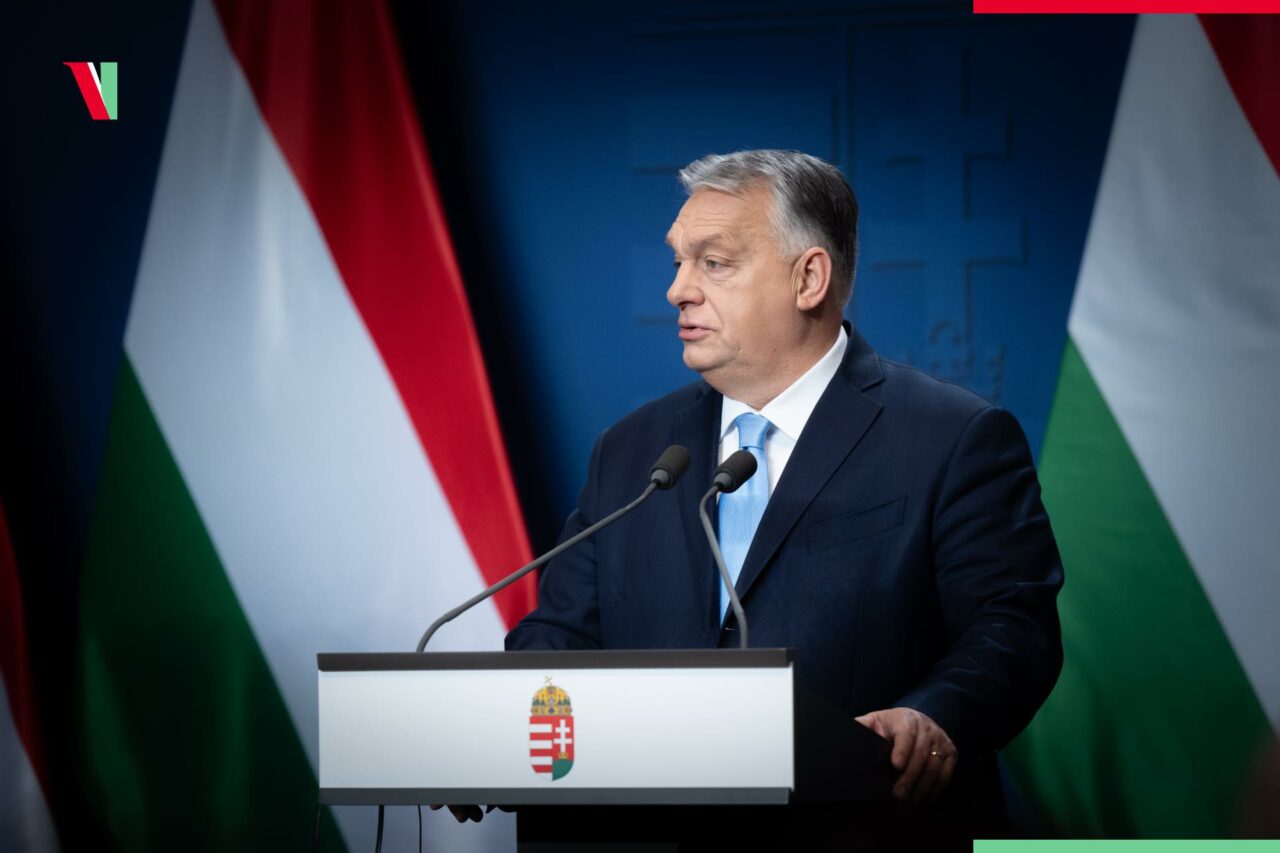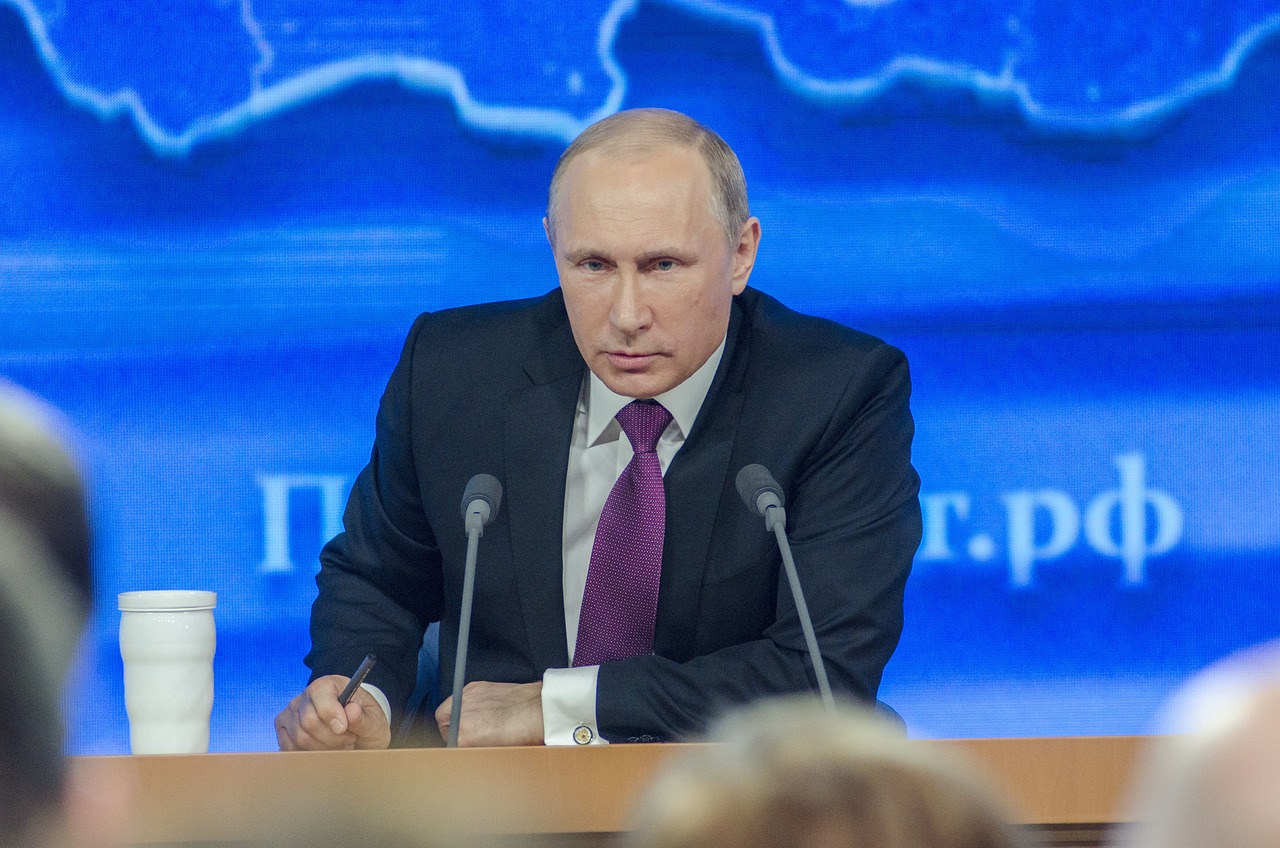How Romania’s crisis made Hungarian politicians acknowledge Russian threats

On the 6th of December, Romania’s Constitutional Court annulled the first round of the November presidential election, which was won by Călin Georgescu, a far-right populist pro-Russian candidate. Georgescu was particularly active in his campaign on TikTok, where he spread polarising and provocative messages.
According to reports by Romanian intelligence services and state authorities, the campaign was aided by secret Russian funding and financial irregularities. Tens of thousands of pseudo-profiles and nearly a hundred paid influencers were involved in promoting the candidate. The Constitutional Court’s decision was a precedent: the annulment of the results of a democratic election was a rare and unprecedented event in the region.

The second round of elections is expected to take place in March 2025, but the campaign has already sparked much controversy, particularly over the effectiveness of Russian disinformation techniques and the manipulation of social media platforms.
Hungarian reactions: relativisation and concern
According to Telex, in Hungary, political reactions initially put the significance of the events in Romania into perspective. Speaking at a forum on the 5th of December, László Kövér, the speaker of parliament, claimed that criticism of Russian intervention was a double standard. According to him, while Russia’s support is a scandal, other foreign actors – such as groups linked to George Soros – treat similar activities as democracy-building. At the same time, Kövér criticised Georgescu’s political past, comparing it to the fascist movements between the two world wars.
On 12 December, Gergely Gulyás, the minister in charge of the prime minister’s office, was more cautious. He said the Hungarian government was not taking sides in Romania’s domestic political processes, but described the Constitutional Court’s ruling as a new chapter in the European rule of law. Gulyás suggested that the review of the election results could set a precedent whereby state authorities could arbitrarily annul elections.
By the end of December, the rhetoric of Hungary’s political leadership had changed significantly. Viktor Orbán and László Kövér no longer put the issue of Russian interference into perspective, but spoke of it as a serious threat. In his annual cabinet briefing, Orbán said that Romania had gained valuable experience in defending itself against this kind of interference and that Hungary wanted to learn from it. He asked the Romanian government to share information on the technologies and methods used.
Orbán and Kövér placed particular emphasis on the technological dimension. László Kövér said that the manipulation of social media, the use of algorithms and disinformation from abroad posed a serious threat to democratic processes. These threats “must be thoroughly prepared for”, he said, and the example of Romania highlights the vulnerabilities that need to be addressed.
The political and technological aspects of the Russian intervention
At the end of December, the Hungarian government acknowledged the seriousness of the Russian attempt to influence the country, but shifted its focus from analysing political intentions to the technological background. Orbán’s and Kövér’s statements indicated that the Hungarian leadership considered the technical aspects of the interference to be the most relevant for prevention.

Although Romanian and US intelligence clearly blamed Russia for the manipulation, Hungarian government communication avoided mentioning specific responsibility. Instead, Orbán raised issues such as the methods and means of manipulation in virtual space. He stressed that it is vital for Hungary to develop its technological infrastructure and cybersecurity to protect democratic elections from such external influences.
Read also:
- Romanian PM Ciolacu praises PM Orbán’s efforts concerning Schengen accession
- Bulgaria, Romania Schengen accession one of Hungary’s greatest achievements, says official






Hungary is a client state of Russia. The Fidesz government will never single out Russia to blame it for anything.
Perhaps Orbán is hoping for the same sort of help from Putin against Magyar when the time comes.
If it does happen and Orbán gets in again, then possibly he will change the name of Hungary to Orbánistan.